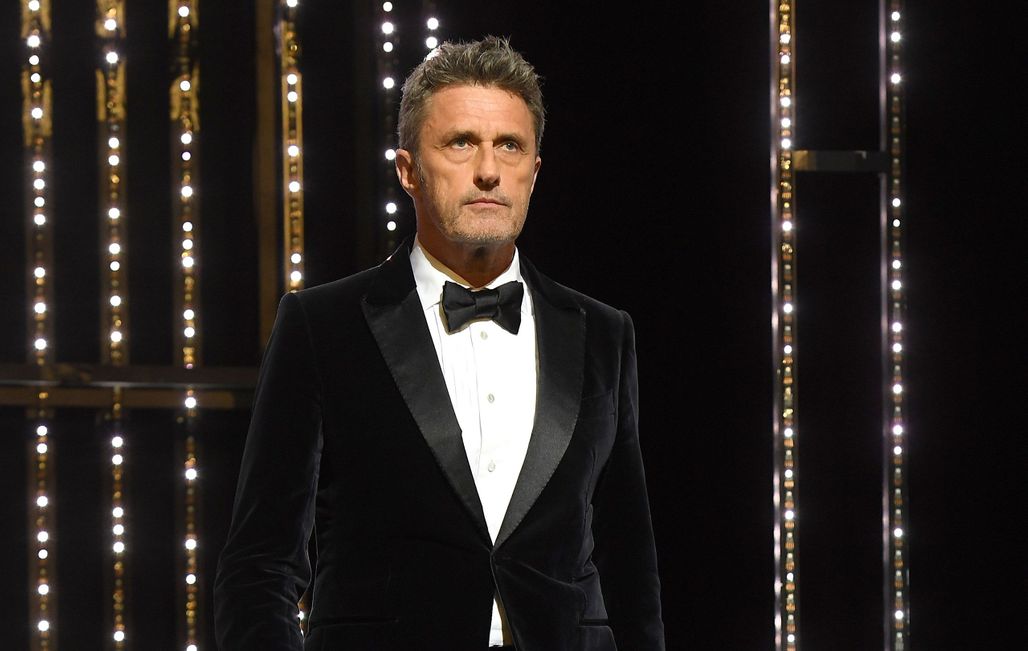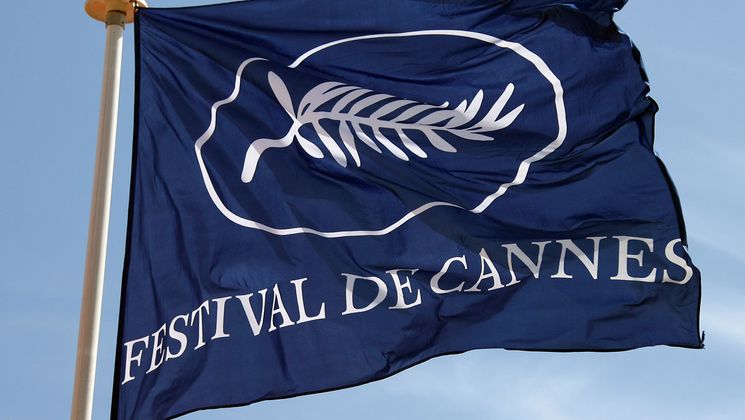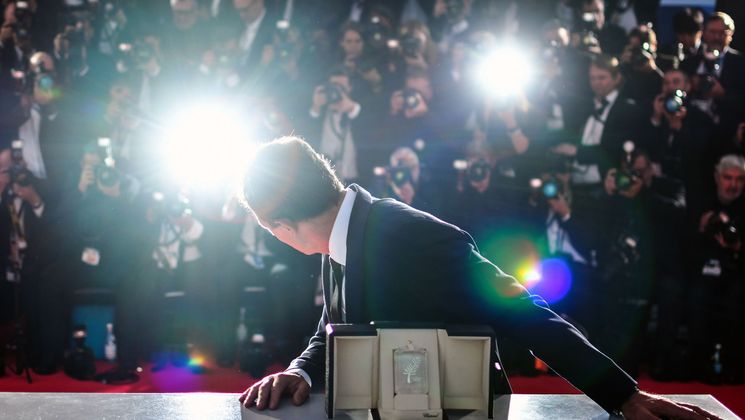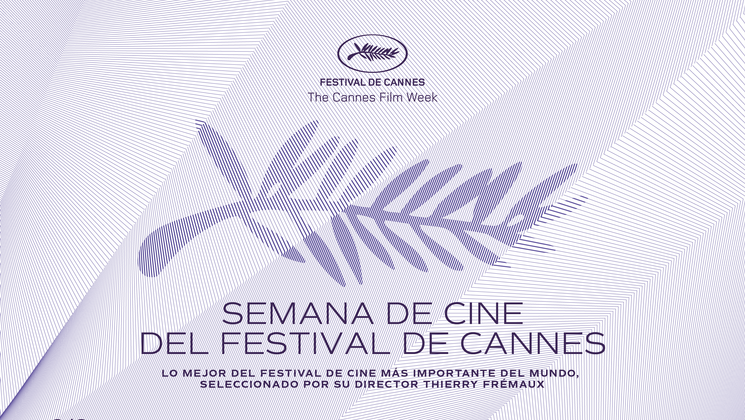
Interview with Pawel Pawlikowski, member of the Feature Film Jury

A year ago, Zimna wojna (Cold War), a sumptuous melodrama in black and white inspired by the story of his parents, charmed Cate Blanchett's jury, which awarded him the Best Director Award. Having just joined the Feature Film Jury of this 72nd edition of the Festival, Pawel Pawlikowski discusses what makes his working method unique.
How does the idea of a film come to you?
I develop two or three stories inspired by characters I have known, situations I have experienced or been told about, or an emotion, and I wait, as I write, for one of them to start to breathe, to come to life. The process can take years. I always take some distance and then go back to it, and sometimes, I bring two of the stories together. All of my films are like that.
Your own story also inspires you…
I suppose it's because I'm older. I have a little more perspective on my life now. For Zimna wojna (Cold War), I was inspired by my parents' complicated story and that of a folk group that accompanied my youth. For Ida (2014), I once knew a judge like the one I described, a bit of a Stalinist. The young nun, she was in another story I had in mind. I brought the two together.
Your latest films are also very much rooted in history. Are you passionate about its complexity?
Yes, because it gives characters depth. It has an impact on them. They have to find their place and define themselves against it. I grew up in Warsaw in a context in which history was important. There were bullet holes in the wall of my house. I was surrounded by stories that had something to do with history.
How do you approach writing the screenplay?
It's always quite messy. I rewrite my screenplays over and over, and they are never very thick or really finished, which does not reassure my producers. But I prefer to create space for the images. I don't like to limit myself to translating pages into images. I find that screenplays are often too clichéd. I am always able to tell my stories in more interesting ways later on, when they are transformed into images. Then, I also do a lot of scouting for locations, which always takes a long time. They add something to the story, and also to how I imagine the story, to its staging.
“I try to make the score beautiful, and to do that, I weigh up each note.”
Do you shoot chronologically?
I try to, but it doesn't always work. As in the case of Zimna wojna (Cold War). I also try never to have more than five days of shooting in a row. I take advantage of these breaks in filming to start to make a rough edit. It's at that moment that the film really starts to come to life. I also rewrite the story as I go along, based on the results of the takes. I drop any scenes that are a little vague or too clichéd. And when I am faced with a block of some kind, these moments help me to find a solution.
Your direction is very precise…
I always succeed in getting something very precise, but I always start from a happy mess! I need these spaces, to feel that I have the possibility of escaping if my instincts so dictate. Then, I try to make the score beautiful, and to do that, I weigh up each note.
What influence do your beginnings in documentary-making have on your approach to directing?
My documentaries were very developed to start with. I described reality using metaphors by finding characters and situations that already resembled good stories. When I found a good situation, I tried to film it the wrong way around. I introduced shortcuts and ellipses: I played around. I learned a lot from that period. It way my film school. The transition to fiction was therefore not such a radical one. I am still trying to sculpt reality today.
How do you view your actors?
They are as important as the image. They must understand that they are part of the image and that it isn't their inner life that interests me.
How do they adapt to your way of doing things?
They are prepared for the fact that a change could be made at any moment. They know that I don't make filmed literature. Some actors are very scared of this approach. Others get on board. To make this happen, I create laboratory conditions on set, where I try to make everyone feel good, so they are not too shaken by these changes.
This means that your actors must be fully involved…
I only work with actors who have time and want to give themselves to the film. For Zimna Wojna (Cold War), it took six months to prepare the actors. Joanna Kulig took dance classes. She lived with the folk group to grasp the mentality of such a collective. For his part, Tomasz Kot learned to play piano and conduct an orchestra. It takes time to get into character. I give them dialogues but I sometimes change them between two takes to follow the music of the film. I would say that half of the lines change during my films. But the good ones always survive.


